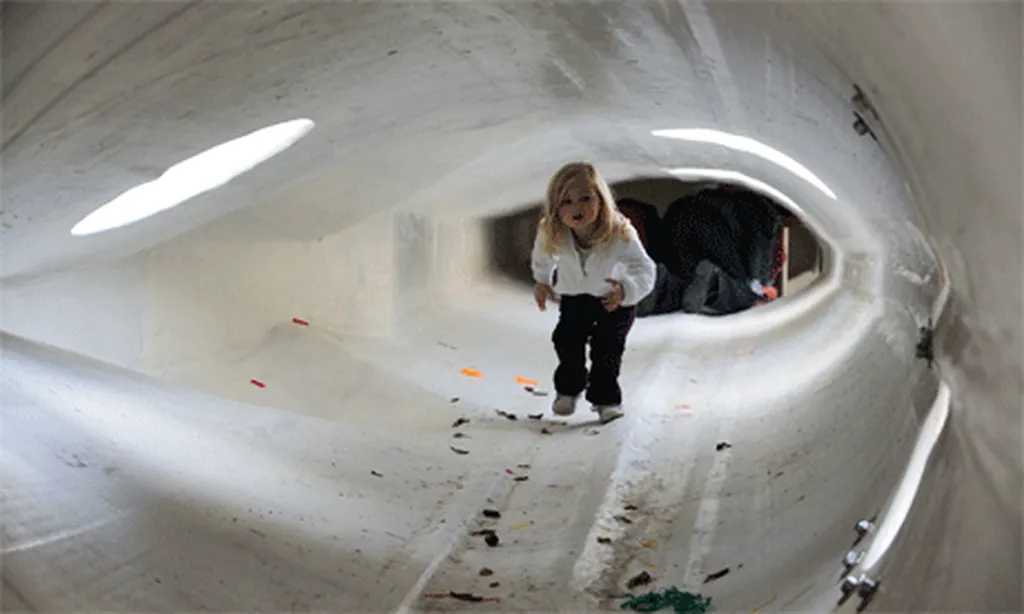In a groundbreaking study published in the journal *Materials Research* (translated from Portuguese), researchers have uncovered a promising avenue for repurposing an industrial byproduct, offering a sustainable solution for the construction industry. The study, led by Tayná Fracão da Silva, explores the potential of ladle furnace slag (LFS), a waste product from the steel industry, as a replacement for hydrated lime in masonry mortars.
The research, conducted at an undisclosed institution, delves into the chemical composition of LFS, which bears a striking resemblance to limes, particularly in its high content of calcium oxide and hydroxides. “The binding potential of LFS is significantly enhanced when its texture is refined,” explains da Silva. This improvement makes LFS a viable supplementary cementitious material (SCM), opening doors for its application in construction materials.
The study investigated the effects of completely replacing hydrated lime with LFS in masonry mortars. To further enhance the properties, the researchers also explored the addition of metakaolin (MK), a pozzolanic material. The results, obtained at 28 and 180 days, were promising. The replacement of hydrated lime with LFS improved the mechanical properties of the mortars. This enhancement is attributed to the greater amount of compounds in LFS, such as Fe2O3, Al2O3, and SiO2, which are also present in ordinary Portland cement (OPC) but not in hydrated lime.
The findings suggest that LFS could be a game-changer in the construction industry, promoting strategies of circular economy. By repurposing an industrial byproduct, the construction sector can reduce waste and lower its environmental impact. “This research highlights the potential of LFS as a sustainable alternative to traditional materials,” says da Silva. “It’s a step towards a more eco-friendly construction industry.”
The commercial implications for the energy sector are substantial. As the world shifts towards sustainable practices, the demand for eco-friendly construction materials is on the rise. The use of LFS in masonry mortars could not only reduce the environmental footprint of construction projects but also offer a cost-effective solution for the energy sector.
The study published in *Materials Research* paves the way for future developments in the field. As researchers continue to explore the potential of industrial byproducts, the construction industry stands to benefit from innovative, sustainable solutions. The research led by da Silva is a testament to the power of scientific inquiry in driving progress towards a greener future.

